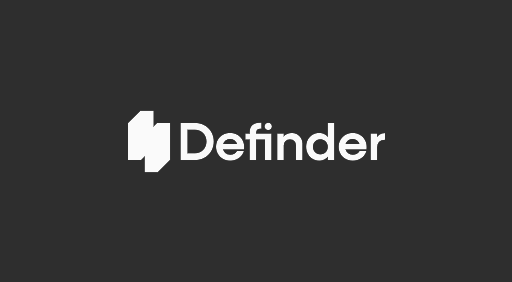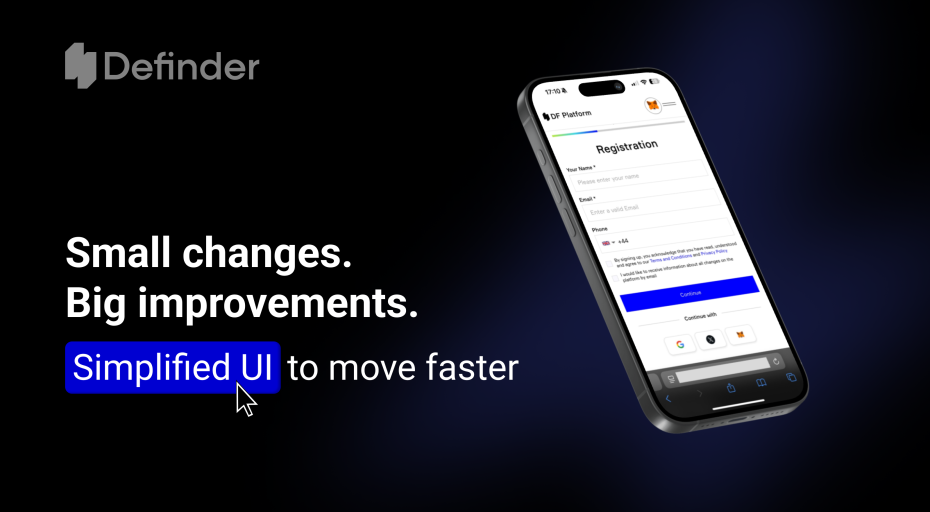A Conversation with Smartlands CEO Arnoldas Nauseda: Highlights
Over the weekend we’ve had a conversation with Arnoldas who shared with us a few insights regarding the upcoming Smartlands tokenization projects
Q: Hey, Arnoldas, so nice of you to give us this time. So, what’s new with Smartlands, any updates you have for the community?
A: A few, actually. We’re narrowing down the pipeline for our first tokenization project, we’re closely looking at three projects right now, and sometime in October we’ll announce which one is going to be THE one. It’s a little early in the going, we can’t disclose more details, but I promise, soon.
Q: Why not? Give us a taste. A hint!
A: Sorry, can’t. I don’t mean to add more suspense here by fueling gossip. When the time is right, and our lawyers give us the green light, you’ll know everything.
Q: Bummer. Will you have something for us during the Vilnius meetup on October 3?
A: Well, I guess you’d have to show up at the event to find out, wouldn’t you?
Q: We will be there. But for now, can you at least tell us what the focus is going to be? Which industries you’re looking at?
A: Our focus was and still is agriculture and real estate. Agriculture is a complex asset for tokenization regarding compliance because it has a very particular and sizable set of international rules, environmental regulations and they often change on an annual basis following the ever-changing conditions on the market, but in agriculture in nature as well.
Real estate, on the other hand, once contracted, zoned, and built, is just there and literally everybody wants to own a piece of a nice property, which makes it a desirable proposition for asset tokenization.
Q: And you still prefer Stellar?
A: Me and $80 million Stellar’s trading volume. Look, Stellar is just perfect for digital securities trading: its algorithm is fast and lightweight, XLM is well-known. We may very well work with several exchanges in the future, but today Stellar is it.
Q: What do you think the balance is going to be between ICO versus STO in the coming year?
A: I think you’re going to see a lot more STOs. Putting real assets on the blockchain is going to dwarf utility tokens, but they’re not mutually exclusive, you know. I think there’s there is a world out there, in which various ecosystems may and should live in harmony, although, with limited interaction due to the legal precedent but indeed there is a solid use case for utility tokens in the world, especially for service tokens, data transfers and information transfers, etc.
Q: You’re saying that Security Token is the future. So, how will it fare against the current investment climate?
A: It will fare splendidly once we’ve smoothed over the legalities of the matter. I think there’s a huge use case for tokenizing assets and securities on the blockchain. Reducing the friction that’s currently in the system is going to be a challenge, though, but the benefits – the speed of trade, the phenomenal liquidity when you can easily trade in and out virtually any private equity fund in an instant, you know, the instant tokenization – it will be a blast.
Q: And what about your competition?
A: There’s so much room to grow on the security side of things that I think you will soon see this enormous explosion of asset-backed tokens. I think given what happened earlier this year with the market sell-off and some of the noise from the SEC you might see it happened a little later, maybe nine ten months down the road, but it’s coming and Smartlands is going to be there.
Q: Since we began to talk about real estate, do you feel there’s a relative benefit between the commercial real estate or any other kind of niche whether it’s fix-and-flip, industrial, hospitality, rental or anything else that makes it’s more conducive for tokenizing?
A: Well, I don’t want to get fixated on real estate, again, we’re trying to keep our focus as broad as possible, but since you asked, I think it’s all workable. I think a lot will depend on the size of assets a company is focusing on, the size of investment pools agreeable to investors. You know, buying something like a huge commercial building makes much more sense for single asset tokenization but then again there’s also residentials that could be tokenized. So, I think there are so many use cases for each it’s just how do you structure your portfolio. The savviest businesses will share dividends, reinvest, create even more liquidity and grow by turning those assets quickly versus tokenizing the Empire State Building – there’s only so far you can go doing that.
Q: Do you think all this is going to overtake the old-fashioned way people are investing entirely in real estate?
A: I think it’s going to take a little while, we’re very early in the life cycle of this, and there will be some big movers, and there’ll be some not so big movers but once you start to see the Wall Street players beginning to adopt this, the ball is going to start rolling on everybody. We’ve heard of Goldman starting to dip their toe in the water, Barclays maybe. You begin to see this thing shift because the Wall Street guys who have the market on issuing securities are showing interest in putting mortgage-backed and other securities on the blockchain. So, it’s coming.
Q: When do you think the balance is going to shift towards tokenizing assets completely and irrevocably?
A: Oh, I don’t know about “completely and irrevocably,” but I would say in three to five years we’ll see cataclysmic changes. But there’s still a vast adoption curve. We’re just at the beginning of it right now. There’s so much adoption that needs to happen from the regulatory compliance point of things, we have to have assurances from the SEC and the European authorities as to what they’re going to do with security tokens and non-security tokens and how they’re going to treat those differently. But it’s so exciting, I just can’t sit still.




